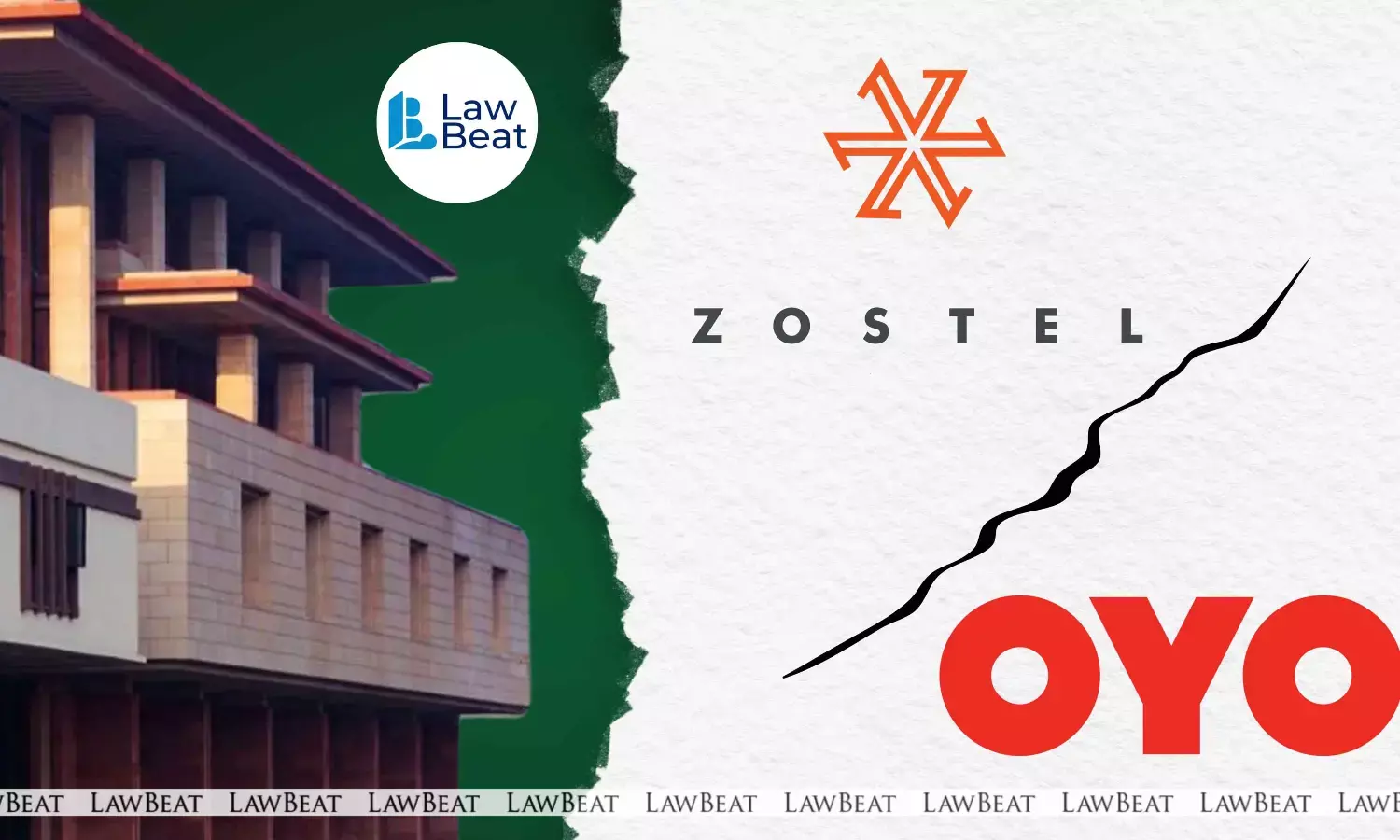No Consensus ad Idem on Definitive Agreements; So Arbitral Award Is Against Public Policy: Delhi High Court in OYO v Zostel Case

In an arbitration dispute between OYO and Zostel, the Delhi High Court held that the arbitral award violated public policy due to the absence of consensus ad idem (meeting of minds) on the definitive agreements.
The bench of Justice Sachin Datta held, “It has been found in the award itself that there is no consensus ad idem in respect of the terms of the envisaged “definitive agreements. Thus, the impugned award, in effect, permits/ sanctions proceedings for specific performance, of an agreement of which the material terms have not been agreed upon. Again, the same is contrary to ‘fundamental principles that constitute the basis for administration of justice and enforcement of law and contracts in India’. For the above reasons, the impugned award is in conflict with the “public policy of India” and is, consequently, liable to be set aside under Section 34(2)(b)(ii) of the A & C Act, 1996”.
The petitioner, Oravel Stays Pvt. Ltd. (operating under the brand name OYO), filed a petition under Section 34 of the Arbitration and Conciliation Act, 1996, challenging an arbitral award dated 06.03.2021, issued by a Sole Arbitrator in a dispute with the respondent, Zostel Hospitality Pvt. Ltd. Oravel Stays Pvt. Ltd. (known as OYO) filed a case under Section 34 of the Arbitration and Conciliation Act, 1996, to challenge an arbitral award dated 06.03.2021. The award was given by a Sole Arbitrator in a dispute with Zostel Hospitality Pvt. Ltd.
The dispute came from a Term Sheet signed on 26.11.2015, which discussed OYO’s plan to acquire Zostel’s business, including intellectual property, software, and employees. The Term Sheet was signed by OYO, Zostel, and two investors—Tiger Global and Orios Venture Partners. Zostel said it completed its part of the deal. OYO argued that the Term Sheet was non-binding and was already cancelled.
Zostel initiated arbitration on January 25, 2018, under Section 21. OYO refused to accept arbitration and opposed the appointment of an arbitrator. Zostel requested interim protection under Section 9, but it was dismissed by the Gurugram District Court due to a lack of jurisdiction. The Delhi High Court also dismissed a Section 11 petition for the same reason, saying the case involved international commercial arbitration. Finally, on September 19, 2018, the Supreme Court appointed the arbitrator and directed that all of OYO’s objections be decided by the arbitral tribunal.
During arbitration, OYO argued that the tribunal had no power to hear claims from non-signatories and that the Term Sheet was not binding. The arbitrator chose not to decide jurisdiction first and allowed all claimants to present their case. Zostel claimed that both sides had acted on the Term Sheet, which made it binding, even though it was labeled “non-binding”.
The arbitrator found that both parties had taken steps—like transferring employees and data—showing the agreement was followed. The arbitrator faulted OYO and its investor, Venture Nursery, for delays. While the arbitrator agreed that Zostel deserved specific performance, the relief was not immediately granted as the final agreements were not signed. Claims for money, goodwill loss, and unjust enrichment were also rejected.
The court framed three fundamental issues for consideration:
"(i) Whether the findings rendered in the impugned award as to the binding nature of the term-sheet, are sustainable and/or vulnerable to challenge on the ground of being in conflict with the public policy of India?
(ii) Whether the arbitral award deals with or adjudicates all the disputes which fell within the scope of arbitration or whether there has been any omission to decide/adjudicate matters which directly arose for consideration of the Arbitral Tribunal?
(iii) Whether the finding in the impugned award to the effect that the claimants are entitled to specific performance, is in conflict with the public policy of India in the given factual conspectus?"
Upon considering the contentions, the court held that the arbitration clause applied to all disputes “arising out of or in connection with” the Term Sheet and made no distinction between binding and non-binding provisions. It reaffirmed the principle that arbitration clauses operate as independent agreements, thereby conferring jurisdiction on the tribunal to decide the nature and effect of the Term Sheet.
The bench also found that the Arbitral Tribunal had considered OYO’s three specific jurisdictional objections, contrary to their claim of non-consideration. On the substantive issues, the bench emphasized that interference under Section 34 is limited to specific grounds, such as fraud or public policy violations. It acknowledged that the tribunal’s finding—that the Term Sheet had become binding despite its non-binding label—was debatable, but not sufficient to invoke interference under Section 34.
However, the court identified significant deficiencies in the award. Specifically, it noted that the tribunal failed to adjudicate on the issue of specific performance of share issuance, despite holding that Zostel was entitled to such relief. This omission left a key issue undecided. The court also observed that the tribunal did not properly address OYO’s objection regarding the determinable and terminated nature of the Term Sheet. It concluded that these omissions rendered the award vulnerable to challenge.
Further, the bench held that granting specific performance in the absence of finalized 'Definitive Agreements' conflicted with public policy. Accordingly, the bench found the award to be deficient in material respects and open to interference under Section 34.
For Petitioner: Senior Advocate Mukul Rohtagi with Advocates Anuradha Dutt, Lynn Pereira, Suman Yadav, Haaris Fazili, Kunal Dutt, Raghav Dutt, Keshav Sehgal, Avinash Singh, Seema Mehta, and Prachi Pandey
For Respondent: Senior Advocate Abhishek Malhotra with Advocates Srishti Gupta, Kartikay Dutta, Raghav Shukla, Anukriti Trivedi, and Sonal Chhablani
Case Title: Oravel Stays Private Limited v Zostel Hospitality Private Limited (2025:DHC:3661)
